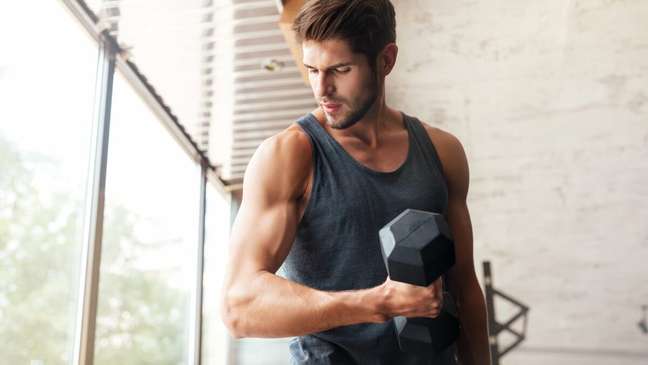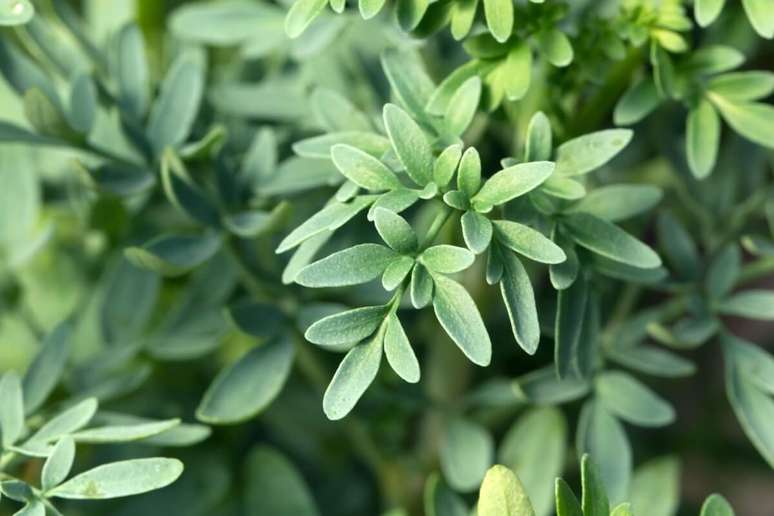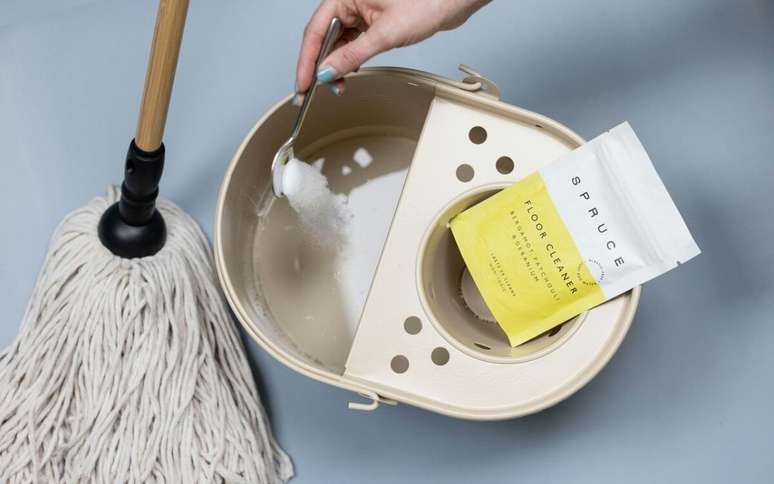Gaining lean mass without gaining weight depends on training with adequate loads and proper nutrition.

Genetics, daily activity level, and type of diet are some of the factors that influence weight loss or gain. But, although some people have a very similar routine, it may be that while one strictly follows the food and training plan and takes time to lose weight, another consumes calorie foods and, even without physical exertion, the numbers on the scale don’t go. on. When the goal is to gain lean mass, however, eating strategy is just as important as it is in the weight loss process, as health always comes first.
Care with the scale in lean mass gain
“You can have a low weight, especially in terms of height, but if you don’t have a balanced diet, you run the risk of developing anemia, due to a lack of iron in the blood, and hypovitaminosis, a lack of some vitamins, as well as symptoms such as hair loss, brittle nails, weakness, fatigue, poor concentration and mood swings “, explains nutritionist Vanderli Marchiori.
In addition, the ideal is that weight gain is related to the increase in lean body mass, i.e. muscles, and not fat, to preserve and protect the health of the organs. “Lean mass is anything that does not have fat, such as bones, muscles, viscera and organs. There must be a balance between food and exercise to gain this type of mass,” stresses sports nutritionist Ricardo Zanuto.
accurate menu
If weight training isn’t showing results in your muscles, it’s probably time to adjust something to your diet. But, before you start filling your plate at meals, talk to a nutritionist, as you may need to include or substitute something from your routine menu, from some nutrients to supplements.
The basic advice, however, is to focus on the consumption of macronutrients (carbohydrates, proteins and fats), especially in the post-workout. “Simple carbohydrates, essential for providing energy to the body, as well as proteins, essential for gaining lean mass, should be included. The ideal is to consume whole foods because they have high energy density and low glycemic index, such as bread, pasta and biscuits, “says Vanderli.
Vegetables in general, such as vegetables and greens, are also indispensable. After all, intense exercise increases the production of free radicals in the body. Substances which, in excess, can cause various diseases and accelerate aging. Vegetables are sources of antioxidants, which block free radicals, protecting the body’s cells. That is, even in a weight gain process, including leafy vegetables at will and at least two servings of vegetables a day is essential!
It is also worth remembering the importance of hydration: most muscles are made up of water, so it is essential for the growth and maintenance of lean mass. The more intense the workout, the more fluid you will need.
+The best content in your email for free. Choose your favorite Earth Newsletter. Click here!
Source: Terra
Benjamin Smith is a fashion journalist and author at Gossipify, known for his coverage of the latest fashion trends and industry insights. He writes about clothing, shoes, accessories, and runway shows, providing in-depth analysis and unique perspectives. He’s respected for his ability to spot emerging designers and trends, and for providing practical fashion advice to readers.







